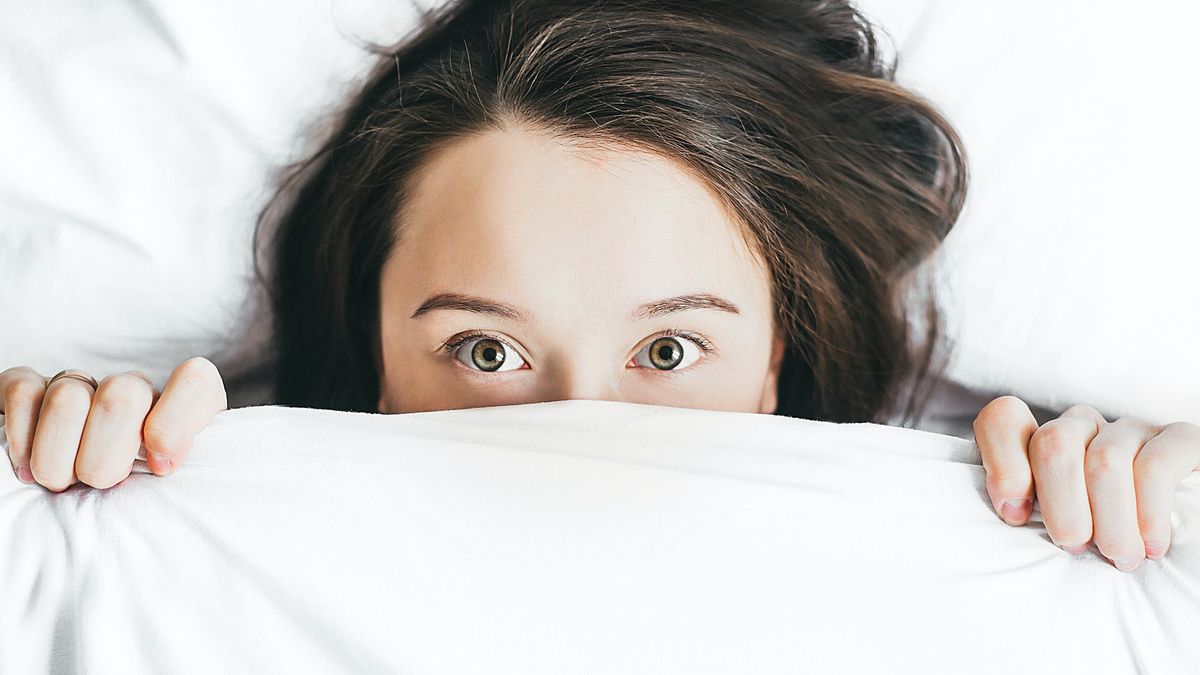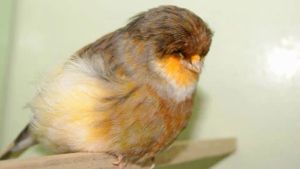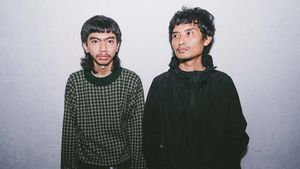
JAKARTA - Sleep disturbance is a condition that affects sleep. In general, people will fall asleep naturally after lying on the bed.
However, there are also some people who are obsessed with sleeping soundly and leaving solutions to technology. This disorder is called orthosomnia.
Nowadays, various applications and various sleep tracking technologies are easy to find. In fact, many who feel they have insomnia use it to monitor healthy sleep habits.
This is the problem, the urge to get the ideal sleep for 6 to 8 hours every night makes people obsessed.
Launching from Psycom, the research team first documented orthosomnia problems since 2017.
They found an increasing number of patients were seeking treatment for sleep disorders. Unfortunately, sleep disorders are diagnosed alone or without medical measures.
Finally, they use the fitness tracker data in the app and make sure they get the perfect sleep.
Dr. Daniel Jin Blum, MD, Adjunct Clinical Instructor at Stanford University School of Medicine's Psychiatry & Behavioral Sciences, says orthosomnia is more of a trend than an actual diagnosis.
Paying attention to sleep habits is normal. As stated by Dr. Julie Kolzet, Ph.D., a sleep therapist in New York City.
He said the more obsessed and fixated we are on the importance of sleep, the more we exercise control over sleep. Paradoxically, Kolzet added, it actually causes problems with sleep.
Blum also explained that those who are perfectly sized are more likely to trigger orthosomnia and an additional effect of being prone to anxiety.
Although there is no evidence that orthosomnia and insomnia are associated, some people with orthosomnia are more likely to experience insomnia.
Although not necessarily the opposite, but those who are obsessed with being able to sleep soundly at night have a focus and continue to be vigilant before bed.
According to Blum, those with orthosomnia tend to focus on random numbers that they think are ideal.
"There is no normal size and exact numbers," said Blum.
Blum continued, sometimes even in good health, you don't get the right eight hours of sleep all the time. Waking up in the morning without an alarm is also not the same every day.
A healthy and ideal sleep tracker, according to Blum and Korzet, is great for helping motivated people to maintain their health.
However, depending on sleep in a timely manner based on technology is certainly not a medical setting.
Based on the advice of the two experts, Blum and Korzet, if you really need ideal sleep because it affects important aspects of life, such as work, family and relationships, it is recommended to seek professional help.
The English, Chinese, Japanese, Arabic, and French versions are automatically generated by the AI. So there may still be inaccuracies in translating, please always see Indonesian as our main language. (system supported by DigitalSiber.id)












